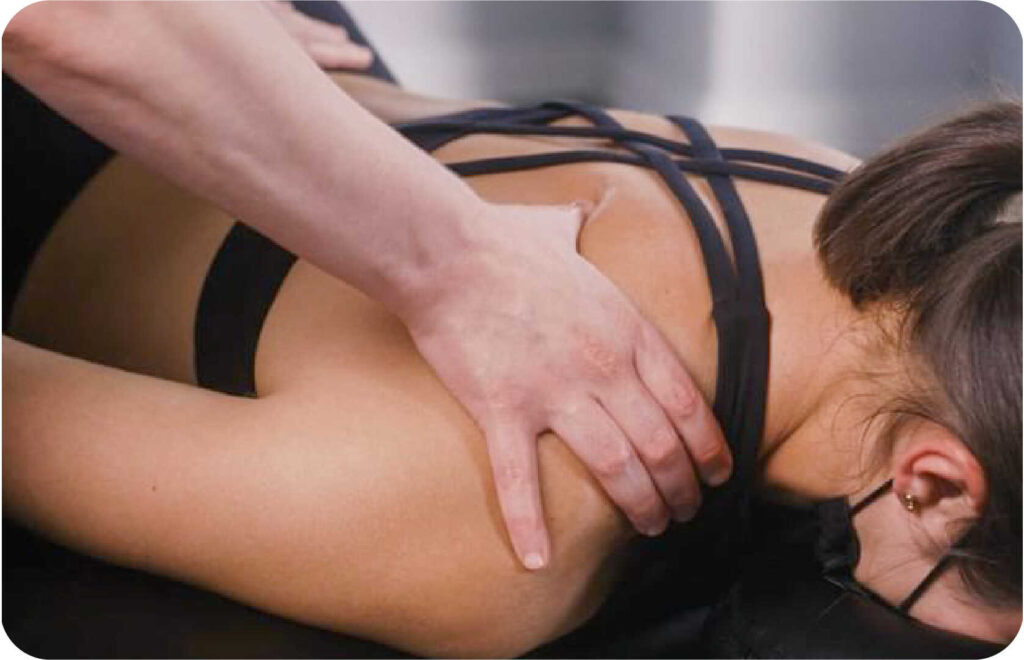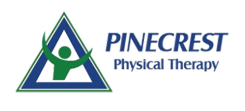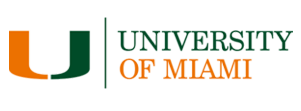Many people confuse neuromuscular massage with deep tissue massage. They both dive deep into troubled spots and alleviate back pain and other muscle groups.
However, neuromuscular massage focuses on hitting the nerve while deep tissue massage focuses on troubled areas and stiff muscles, tendons and tissues deep within your skin.
Neuromuscular Therapy is a highly-specialized form of manual therapy that corrects pain and dysfunction by treating trigger points, muscle adhesions, and fascial (connective tissue) patterns.
When the body experiences a muscular injury, the natural response is to narrow the blood vessels that flow to that area of the body. This is important, because it stops bruising, but it can also lead to a tightening of the muscle.
Neuromuscular therapy targets the underlying cause of this pain by loosening these tight (hypertonic) muscles. This restores natural circulation and breaks down the toxins, reducing pain. Soon the muscles return to normal function, and the body comes back in balance.
Neuromuscular treatments are rarely full-body; the work is concentrated on the primary and secondary areas of the body that are causing the pain you are experiencing, and limiting range of motion. In order to specialize in Neuromuscular Therapy, a therapist must receive additional training beyond traditional massage therapy education. Our therapist our highly trained in this modality.

Many people confuse neuromuscular massage with deep tissue massage. They both dive deep into troubled spots and alleviate back pain and other muscle groups.
However, neuromuscular massage focuses on hitting the nerve while deep tissue massage focuses on troubled areas and stiff muscles, tendons and tissues deep within your skin.
Neuromuscular Therapy is a highly-specialized form of manual therapy that corrects pain and dysfunction by treating trigger points, muscle adhesions, and fascial (connective tissue) patterns.
When the body experiences a muscular injury, the natural response is to narrow the blood vessels that flow to that area of the body. This is important, because it stops bruising, but it can also lead to a tightening of the muscle.
Neuromuscular therapy targets the underlying cause of this pain by loosening these tight (hypertonic) muscles. This restores natural circulation and breaks down the toxins, reducing pain. Soon the muscles return to normal function, and the body comes back in balance.
Neuromuscular treatments are rarely full-body; the work is concentrated on the primary and secondary areas of the body that are causing the pain you are experiencing, and limiting range of motion. In order to specialize in Neuromuscular Therapy, a therapist must receive additional training beyond traditional massage therapy education. Our therapist our highly trained in this modality.

Joshua Johnson
Valued Patient at Clinic
Joshua Johnson
Valued Patient at Clinic
Joshua Johnson
Valued Patient at Clinic


© 2024 BODY REMEDY MIAMI